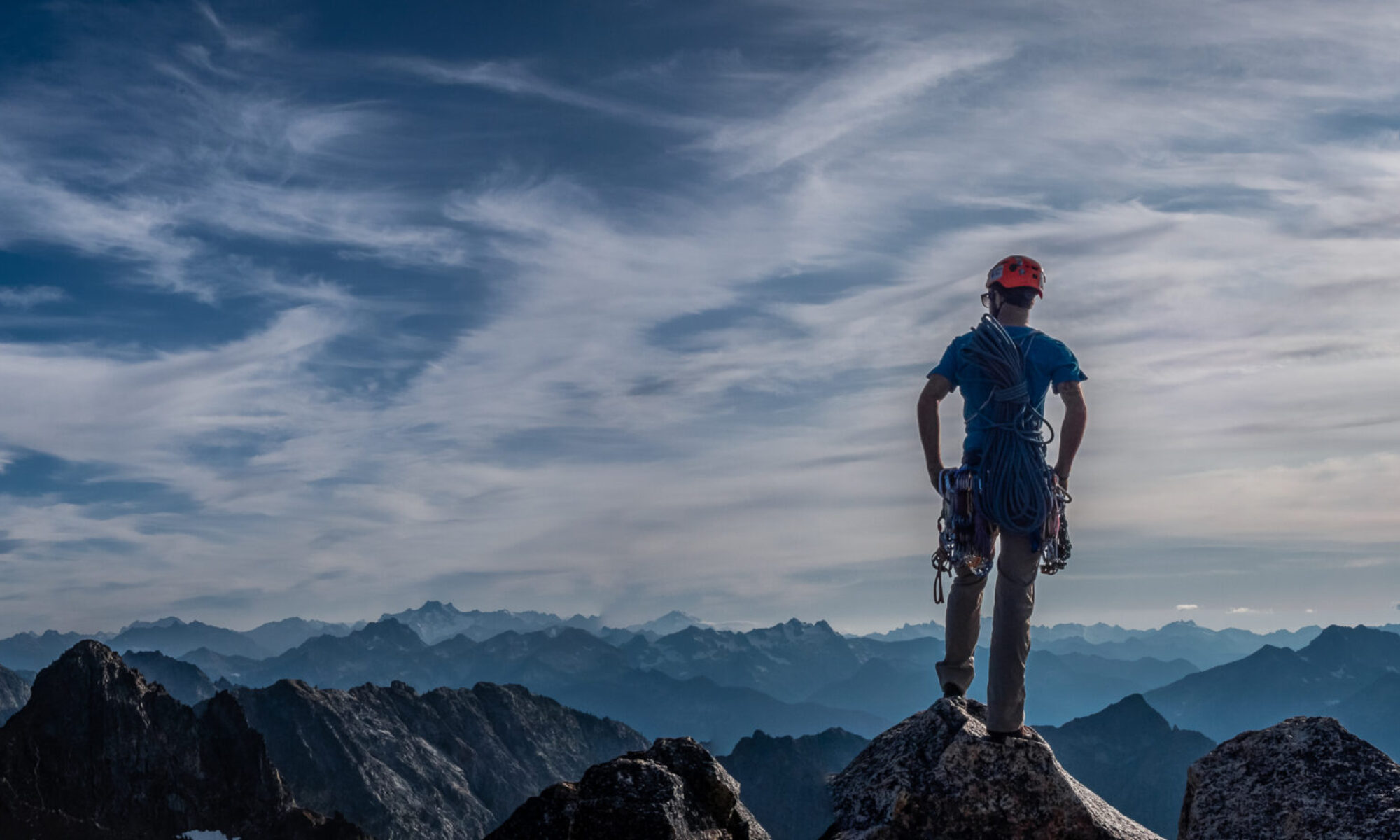Last June, we released a statement that led with,
Being and feeling safe is a right for all people.
This is not true for many within our community.
Today, we are reaffirming that statement and voicing our support for our Asian American and Pacific Islander (AAPI) community members. The murderous rampage on March 17 in Atlanta by a racially-motivated gunman, led to the deaths of eight individuals, six of whom were Asian women. This alone is a horrific and tragic event. But it is not an isolated incident. The United States has a long history of anti-Asian violence and hate which has only intensified during the COVID-19 pandemic.
We are dedicated to actively listening to the Asian members of our community, to receiving feedback, and implementing change. We want you to know that we see you, we hear you, and we are working to become an organization where you feel fully supported and welcome.
Today, we are calling upon our Mazama community to show their support for our AAPI members and to aid in disrupting the cycle of violence and hate. We ask you to act to prevent gender-motivated harassment and violence in our communities, and to learn about the history of racism and violence against Asians in this country. And we ask you to question your everyday interpretations, judgements, and actions as you review the list of resources below.
A few action steps the Mazamas have taken in the last year to address the culture of systemic racism and gender-based violence within our community:
- Launched an online Preventing Sexual Harassment & Sexual Assault training.
- Published an Equity Statement that was crafted by our Diversity, Equity, and Inclusion team.
- Supported a Mazama board member and committee member’s enrollment in the Intertwine Alliance Equity & Inclusion Cohort.
- Supported two staff members attending The Outdoor CEO Diversity Pledge Fundamentals Training.
- Implemented learnings from that training including updating language in our job postings and accessibility language on our website.
- Worked with our partner outdoor organizations to schedule a Systemic and Structural Racism 2-day intensive training for our Executive Director and a board member. The learnings from this training will be shared with our membership. (scheduled for October 2021)
- The Mazama Board voted to sign on to the Outdoor CEO Diversity Pledge.
Several other initiatives, including proposed amendments to our organization’s bylaws, are in progress. This is just the beginning of our work to make the Mazamas a truly welcoming and inclusive place.
What can you do to learn more and provide support to our AAPI community?
ACT
If you witness anti-Asian harassment or violence, you can use the 5 Ds of bystander intervention (from Hollaback! Learn more on their website).
- Distract: Find a way to pull attention away from the situation, or the person being attacked.
- Delegate: Evaluate the situation and organize others to respond.
- Document: Record the incident. Keep a safe distance when recording, and always ask the person targeted what they want you to do with the footage. Do not further victimize an individual by posting a video/audio without their knowledge.
- Delay: After the incident, check in with anyone who was affected to show them that their experience and well-being matters, and that you see and value them.
- Direct: Step forward in a situation directly and intervene, either physically or verbally.
The Mazamas does not tolerate violence or racism in our community. If you have witnessed or been subject to harassment while participating in our courses, activities, or events, we implore you to file an incident report. To the extent possible, confidentiality will be maintained except as necessary to conduct the investigation and take appropriate remedial action.
You can read the Mazama Harassment Policy and file a report here.
LEARN
Most of us have a lot to learn when it comes to racism, anti-racism, and allyship in the United States, particularly as it relates to the history and prevalence of anti-Asian rhetoric. There are hundreds of important resources available online, in the library, and through your headphones. Here are a few places and statements to get us started:
- Stop AAPI Hate National Report
- Asian Pacific American Network of Oregon (APANO)
- Launch (Seattle-based education nonprofit)
- Asian Americans Advancing Justice-Atlanta
- National Asian Pacific American Women’s Forum (NAPAWF)
- Stop Asian Hate–AAPI Hate Crime Reporting Tool
We also encourage you to learn more about Oregon State Bill 289, which would increase penalties for bias crimes perpetrated on Oregon public lands and provide means for restorative justice. Email your state senator to share your support and encourage them to vote for this bill.
The Mazama staff would like to thank the members of our Diversity, Equity, and Inclusion team who continue to hold us accountable and encourage us to use our platform to denounce hate. Their time, efforts, and support are critical to the Mazamas becoming a more inclusive and just organization.



